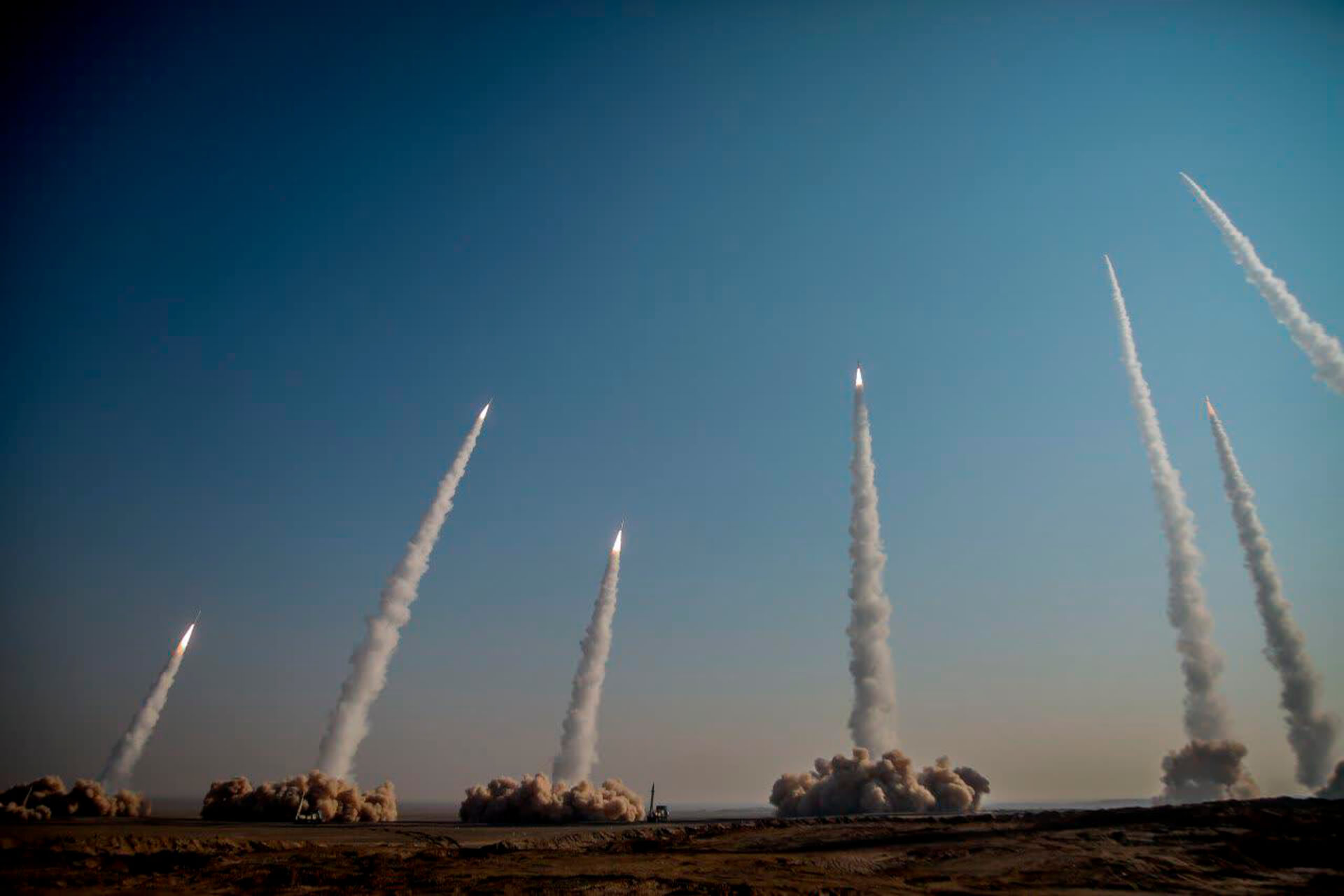The United States (US) and Israel have agreed to cooperate on the threat posed by Iranian drones and missiles. According to a statement released by the White House on Tuesday, US National Security Advisor (NSA) Jake Sullivan met with his Israeli counterpart Meir Ben-Shabbat in Washington and agreed “to establish an inter-agency working group” to focus on the rising threat of Unmanned Aerial Vehicles (UAVs) and Precision Guided Missiles produced by Iran and provided to its proxies in the Middle East.
The officials also expressed “serious concerns about advancements in Iran’s nuclear programme in recent years.” The US further updated Israel on the ongoing talks in Vienna to revive the 2015 nuclear deal and expressed hope that the two countries could consult closely on the issue. In an interview with NBC News, Sullivan said that while Israel and the US disagreed with each other over the revival of the nuclear deal, both sides have agreed to ensure that there are no surprises.
“We believe, profoundly and passionately, in making sure that we and Israel have a policy of no surprises, that we are communicating with one another on a going-forward basis, so that we have a better understanding [...] on what the other side intends to do with respect to a whole range of security issues in the region,” Sullivan said. When asked about the attack on Iran’s Natanz nuclear facility, earlier this month, Sullivan said that “we certainly believe that there are certain kinds of activities that are unhelpful to diplomacy.” However, he declined to comment further on the matter.
Tuesday’s meeting between the two NSAs was part of an Israeli delegation’s visit to the US, which includes Ben-Shabbat, Mossad chief Yossi Cohen, and head of military intelligence Tamir Hayman. The trip comes amid Israel’s increasing concerns over the US re-entering the JCPOA with Iran. Tel Aviv sees Tehran’s nuclear programme as an “existential threat,” especially after Iranian leaders have called for the annihilation of the Jewish State. When former US President Donald Trump unilaterally exited from the nuclear deal in 2018, Iran responded by increasing the levels of its uranium enrichment by adding advanced enrichment infrastructure.
Israel is also worried about Iran’s expanding clout in the Middle East, especially in Syria and Lebanon. Israel has conducted numerous airstrikes in Syria against what it believes to be Iranian arms transfers to Hezbollah in Lebanon, which include drone and missiles. In this respect, the White House statement also said that Washington and Tel Aviv “agreed on the significant threat posed by Iran’s aggressive behaviour in the region, and US officials underscored President Biden’s unwavering support for Israel’s right to defend itself.”
Senior US diplomats are also expected to visit the Middle East this week in an effort to address concerns in the region about the nuclear deal. The delegation plans to visit Saudi Arabia, the United Arab Emirates (UAE), Egypt, and Jordan. Furthermore, the US Special Envoy for Yemen Tim Lenderking will travel to Saudi Arabia and Oman today to “build on the international consensus to halt the Houthi offensive on Marib.”
Apart from Iran, Sullivan and Ben-Shabbat also discussed issues relating to the recent violence in Jerusalem, the rocket attacks from Gaza, and efforts to advance peace between Israel and Palestine.
US, Israel to Cooperate on Iranian Drone and Missile Threat
The agreement comes amid the ongoing Vienna talks between the US, Iran and world powers to revive the 2015 nuclear deal.
April 29, 2021

SOURCE: IRGC via ASSOCIATED PRESS
